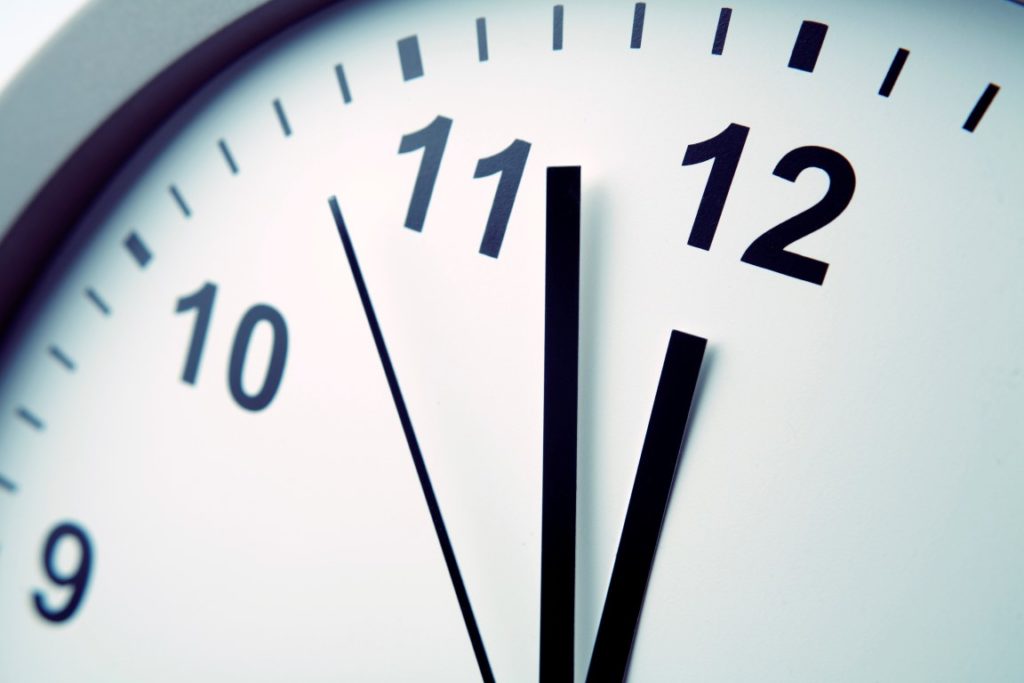The president of the Portuguese Association of Chronobiology and Sleep Medicine warned today that the potentially adverse effects caused by the time change could increase due to the mandatory confinement of people following the Covid-19 pandemic.
The alert by Miguel Meira Cruz, also director of the European Sleep Center, appears on the eve of the change to daylight saving time, which happens in the early hours of next Sunday, and aims to emphasize “the risk that changes in biological rhythms and sleep have in the imbalance of the immune system and in the risk of infection ”.
“Sleeping well, sufficiently and at the right time, are important measures to increase immunity and prevent disease”, defended to the agency Lusa the coordinator of the Sleep Unit of the Cardiovascular Center of the Faculty of Medicine.
The researcher added that “the outbreak of the new coronavirus (covid-19) that alarmed the world during the last month reinforced the importance of an essential aspect of life and prevention in public and community health: the biological rhythms, namely the sleep-rhythm vigil ”.
Meira Cruz and Masaaki Miyazawa, immunologist and director of the School of Medical Sciences at Kindai University, Japan, are analyzing the interactions that may arise between the circadian temporal system, the immune system, sleep physiology and the development and spread of covid-19 disease.
"The importance of an internal clock is indisputable, but this, like any other clock that intends to anticipate events, must be right and coincide with reality (in this case, solar reality seems to be the most accurate)", he defended.
In this context, he warned of the “risks of hourly misalignment”, which arise after the time change, especially for daylight saving time, and which translate into an increased risk of heart attack in the week after the change.
“Changing the time always has a negative differential in relation to the change of time zones: it is that when we change time zones during a trip, the sun accompanies this change, and the sun being our main donor of time, it is easier and faster to adapt to the place of arrival ”, he explained.
In the case of changing the time, this does not happen, which complicates the balance and adaptation system of the master biological clock and therefore has consequences that are different and potentially more lasting.
“This is actually a current concern, given that, for reasons related to the emergency condition that we are going through, people are confined to an environment between four walls” and many of them with little access to natural light, one of the main regulators of their time interior ”.
Meira Cruz stressed that, although this isolation measure is necessary, “it does not change only the access to light. It alters behaviors and routines on which food also depends on our schedule ”.
“Next Sunday, to increase the clutter to the clocks, the schedule will change. There will continue to be people for whom it will mean little and there will continue to be people for whom this is of paramount importance, ”he said, regretting the fact that the consequences of this risk are sometimes overlooked.
"Despite what objective science reveals, stubbornness and ambition have prevailed in political decisions related to the theme", he concluded.



















Comments